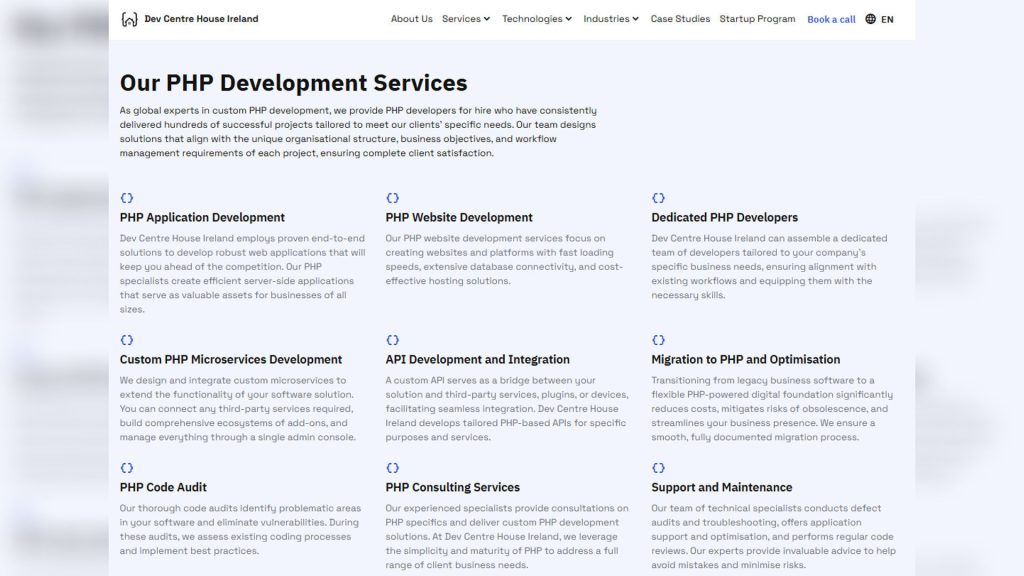PHP remains one of the most widely used server-side scripting languages, powering millions of websites and web applications. However, as applications grow, performance bottlenecks can emerge. Optimizing your PHP backend is essential to ensure scalability, responsiveness, and a seamless user experience. Here are seven powerful techniques to boost PHP performance and make your application run faster.
1. Optimize Database Queries
One of the primary factors affecting PHP performance is inefficient database queries. Here’s how to optimize them:
- Use indexing to speed up data retrieval.
- Avoid
SELECT *and only query the necessary fields. - Utilize caching mechanisms like Redis or Memcached.
- Use prepared statements to reduce query parsing time.
2. Enable OPcache
PHP’s OPcache stores precompiled script bytecode in memory, reducing the need for repetitive parsing and compilation.
- Enable OPcache in your
php.inifile:opcache.enable=1 opcache.memory_consumption=128 opcache.max_accelerated_files=4000

- Restart your PHP server to apply changes.
3. Use PHP’s Latest Version
Each new PHP release comes with performance improvements. Updating to the latest stable PHP version provides benefits such as:
- Faster execution times.
- Improved memory management.
- Enhanced security features.
4. Minimize Memory Usage
Efficient memory usage can improve script execution speed:
- Unset large variables when they’re no longer needed.
- Use
isset()andempty()instead ofcount()for performance-friendly checks. - Optimize loops and avoid redundant computations.
5. Implement Caching
Caching reduces redundant operations and speeds up response times.
- Use APCu for opcode caching.
- Employ Redis or Memcached for object caching.
- Leverage HTTP caching headers to reduce server load.
6. Use Asynchronous Processing
PHP applications often perform blocking operations such as database queries and API calls. By implementing asynchronous processing, you can improve efficiency.
- Use message queues like RabbitMQ or Redis Queue.
- Offload heavy tasks to background workers.
- Utilize ReactPHP or Swoole for non-blocking I/O operations.
7. Reduce File System Overhead
Minimizing file system operations can significantly improve performance:
- Consolidate and minify CSS/JS files.
- Store static files on a CDN.
- Use autoloading to reduce file inclusion overhead.
Partner with Dev Centre House Ireland for PHP Excellence

Optimizing PHP performance is crucial for creating fast, scalable applications. Implementing these techniques will help reduce execution time, lower server load, and improve the overall efficiency of your backend.
For businesses looking for expert PHP development services, Dev Centre House Ireland offers customized PHP solutions tailored to your needs. Our experienced PHP developers ensure high-performance applications that meet industry standards. Learn more at Dev Centre House Ireland.
